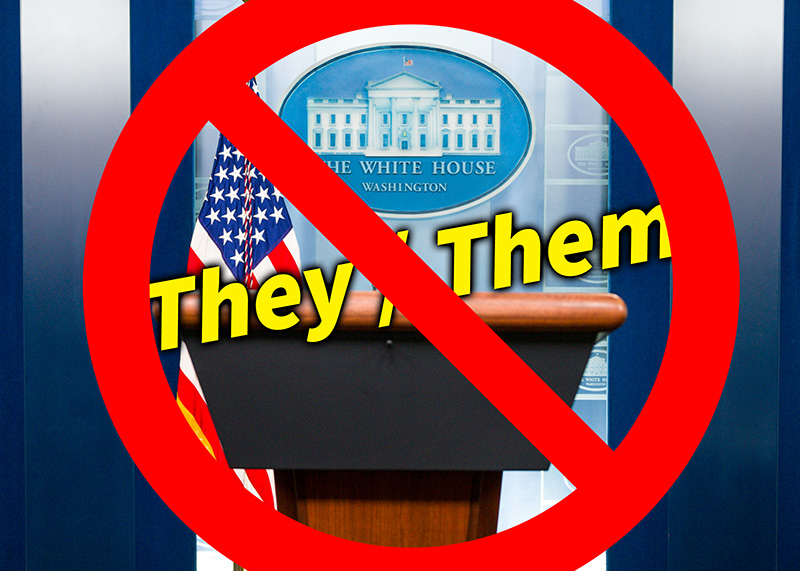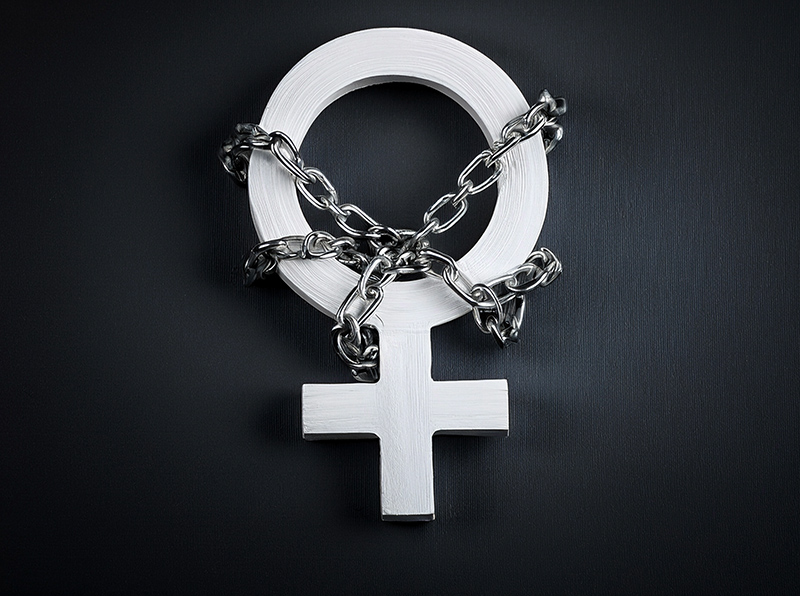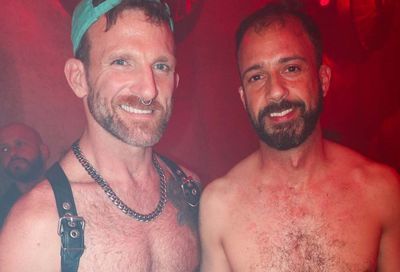Retired military officers and veterans among groups opposing transgender ban
Briefs argue that diversity is not detrimental to unit cohesion, and that similar bans on minority groups have proven unnecessary

A number of former military officers, veterans’ and civil rights organizations, women’s groups, military scholars and historians, and states have filed briefs supporting efforts to overturn or invalidate the Trump administration’s attempts to ban transgender people from serving in the military.
In total, the coalition of supports has filed 13 individual amicus briefs supporting the anonymous transgender service members behind Doe v. Trump, one of four federal lawsuits challenging the proposed ban. Amicus briefs are filed by non-parties who have expertise on a particular topic to offer or a strong interest in the outcome of a case.
“The briefs submitted by these experts explain why the transgender military ban weakens our present and future military,” Jennifer Levi, Transgender Rights Project Director for GLBTQ Legal Advocates & Defenders, said in a statement. “These also provide a historical lens, demonstrating that just like the ban on women in combat, and racial segregation of servicemembers, the transgender military ban must be relegated to the dustbin of history.”
The briefs make a number of compelling arguments in favor of retaining transgender service members and against the ban, including one by the Truman Center, American Veterans Alliance, Jewish War Veterans of the USA, Minority Veterans of America, and other groups, which argues that allowing transgender troops to serve actually strengthens the military.
“Researchers who have studied unit cohesion similarly conclude that the strongest force binding a unit together comes from the shared experiences of service members as they undergo training and serve alongside one another in pursuit of common goals,” the brief reads. “Today, the U.S. military is the most disciplined and deadly fighting force this world has ever known. At the same time, it is remarkably diverse: its service members come from all fifty states; over 40% of enlisted recruits are Hispanic or a racial minority; and women represent 16% of the enlisted forces and 18% of the officer corps. This diversity does not threaten unit cohesion.
“On the contrary, Amici believe that the diversity of the U.S. military makes the military stronger and more effective by broadening the shared experiences of units. One Marine veteran who served in Iraq explained: ‘The most effective units I saw were those that had people with different perspectives who could think about how to solve a problem in a way you never thought of. When I was in the Middle East I wanted a unit comprising a variety of people, that way I knew that when a problem occurred, and one always occurred, we would be thinking about how to tackle it from all the angles. All I, and my team, cared about was how do we solve the problem.'”
Other briefs charge that a ban on transgender people undermines military recruitment efforts and retention goals at a time when the military is trying to grow its ranks, that military service is a hallmark of equal citizenship and has played a critical role in establishing equality for minority groups, that the ban relies on the same stereotypes used to discriminate against women, and that concerns over “military readiness” have been invoked by civilian leaders as a way to disguise their discomfort and dislike of certain minority groups.
“[T]he government now asserts that allowing transgender individuals to serve openly would, except in exceedingly narrow circumstances, intolerably undermine military readiness and unit cohesion. This contradicts the considered judgment of the military’s leaders as recently as 2016,” the latter brief, submitted by the Organization of American Historians and signed onto by 47 military historians, reads.
“[W]hile our Nation’s armed forces have historically excluded some minorities and other marginalized groups from service, the steady and long-term trend has been toward inclusion and diversity. And in each instance, after successful integration, the military has acknowledged the benefits of inclusion. Once a previously excluded group is officially welcomed into the service, the military has always found their service vital to military effectiveness.”
A full listing of the 13 briefs can be found here.
“Our nation’s most respected former military leaders are going on record to oppose this destructive and irrational ban,” said Shannon Minter, the legal director for the National Center for Lesbian Rights, which is co-representing the plaintiffs along with GLAD. “They are telling the court that excluding qualified individuals simply because they are transgender harms military recruitment and retention and contradicts foundational military values of loyalty, duty, respect, integrity and honor.”
Support Metro Weekly’s Journalism
These are challenging times for news organizations. And yet it’s crucial we stay active and provide vital resources and information to both our local readers and the world. So won’t you please take a moment and consider supporting Metro Weekly with a membership? For as little as $5 a month, you can help ensure Metro Weekly magazine and MetroWeekly.com remain free, viable resources as we provide the best, most diverse, culturally-resonant LGBTQ coverage in both the D.C. region and around the world. Memberships come with exclusive perks and discounts, your own personal digital delivery of each week’s magazine (and an archive), access to our Member's Lounge when it launches this fall, and exclusive members-only items like Metro Weekly Membership Mugs and Tote Bags! Check out all our membership levels here and please join us today!
























You must be logged in to post a comment.